I started my rebetiko-of-the-day venture six months with the Markos Vamvakaris tune Your blue window. Since then, I’ve featured 180 or so different composers, musicians and singers, with links to as many songs.
The journey has been revealing in a number of ways, most particularly in my understanding of what this music is.
Rebetiko will never mean as much to me as it does to Greeks. I see that from being part of festivities where Greeks lustily sing along with classic songs and dance zeibekiko deep into the night. And my Greek is not good enough to grasp the meanings behind the songs without sometimes intensive study. A song that has deep meaning to my Greek friends, may pass me by as “only” a pleasant tune.
Going into this, I held some beliefs about rebetiko. It’s hard not to: as a genre of music it is highly romanticized, and it has to carry a lot of weight. You can read that it is the blues of Greece. That it is a heartfelt cry from the underclass. Or it is the soundtrack of the Greek underworld. It is defiance against the upper class/the middle class/the political forces of repression.
There’s also the idea, expressed by Greeks and non-Greeks, that rebetiko existed only until the mid-1950s. That it is a dead art form, kept alive by record collectors, compilation albums, ardent amateur musicians and nostalgia.
I vaguely bought into all that six months ago. Doing this every day for six months – finding a song, a singer, a composer to feature – has changed my ideas about rebetiko.
What’s it all about?
I’m coming to the point where my definition of rebetiko is pretty simple: it’s Greek urban folk music, largely bouzouki driven, from early in the 20th Century. It rose to prominence in the 1930s and slowly captured the ears and hearts of large swathes of the Greek population.
In this blog, I’ve tended to break it down into the classic era (up until the late 1940s) and late rebetiko (the early to mid 1950s). That’s as handy a way as any to think about rebetiko, but it’s as artificial as a lot of the other definitions. It ignores songs written and recorded well into the 1950s, 1960s and 1970s, that sound to my ears as vital, emotional and personally affecting as the rebetiko recorded in the 1920s and ’30s.
I’m thinking about the song Είναι άργα – It’s late.
The time has come for me to hurt
Just as I once hurt you.
In my love’s fireplace
Another one has come with passion
And he has lit the fire.
It’s late, very late
Manolis Hiotis and Christos Kolokotronis wrote it and Hiotis and Magia Melagia recorded it in 1955. That version leaves me cold. It’s like a song from a nightclub in a 1950s movie, and the bouzouki is played to show musical ability, not musical heart. (The YouTube video is here.)
It becomes rebetiko, for me, in the performance by the incomparable Ioulia Karapataki, recorded five years ago. Here, it’s a song that speaks to the soul. I truly believe it when she sings “The time has come for me to hurt.”
Music that touches me
I’ve always been a sucker for music that inhabits me. Music that gets inside and provokes an emotion, whether it’s being at the edge of tears or being driven to dance in my seat. To me – and perhaps to me alone – it is that aspect that defines (mostly) bouzouki-driven rebetiko.
I think of it as the songwriter and the singer making an attempt to use music to state a truth (large or small) about love, or poverty, or Athenian nights, or just getting through the day. Even without fully knowing the language, these songs strike an emotional chord, whether hearing them or trying to play them. It applies as much to upbeat songs as to heavy zeibekeiko (which I adore).
With that definition, I hear rebetiko in many more songs than are typically captured by the recording company or ethnomusicological definitions. My musical horizons have expanded. In writing this blog, I have discovered dozens of song creators that I would never have considered before, because they fell outside the typical definitions.
It probably sounds lame to write that rebetiko is as much a state of mind as it is music, but I’m coming to believe that. The idea that there is such thing as rebetiko with bright clear lines – it started here and ended here – doesn’t work for me any more.
So, what’s next?
I don’t know what happens from here with this blog.
I won’t be updating it with a song of the day any more. I’m done with that for now. (But, of course, not with the music.)
For one thing, it’s hard to find a singer or composer I haven’t touched on yet. (Although the challenge of digging through all that music to find folks has been enjoyable.)
And, there’s an aspect of writing into the void here. Either my stats counter is broken, or no one has visited for at least the last nine days. That doesn’t bother me (much). This has been as much my exploration of rebetiko as it has been about sharing what I find.
I will leave with thanks to all those who have dropped by over the past six months. And I will leave you with one last (for now) song. It’s The junkie’s pain from the doomed Anestis Delias.
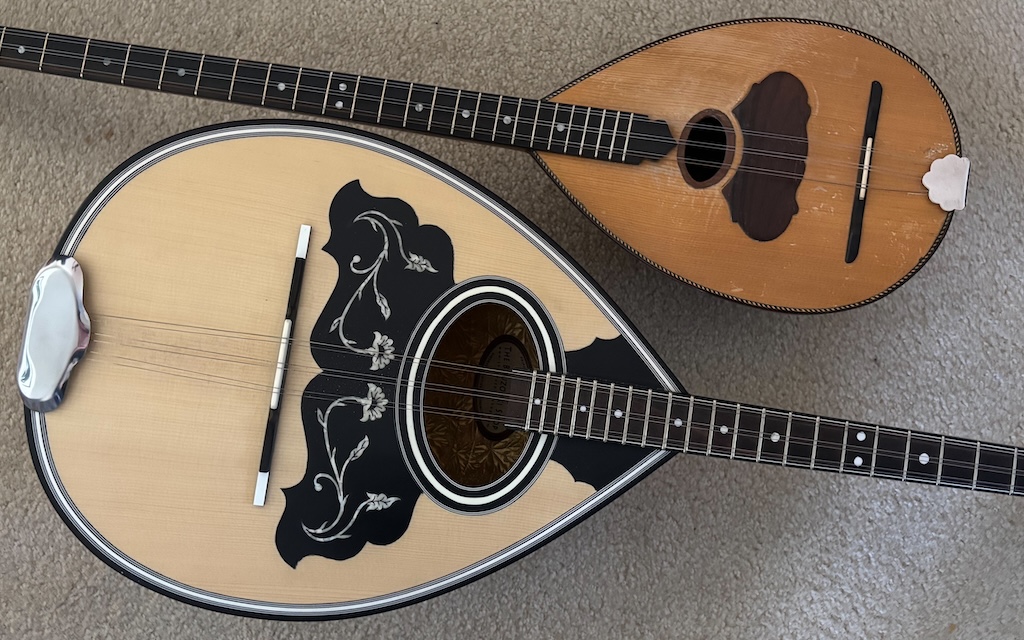

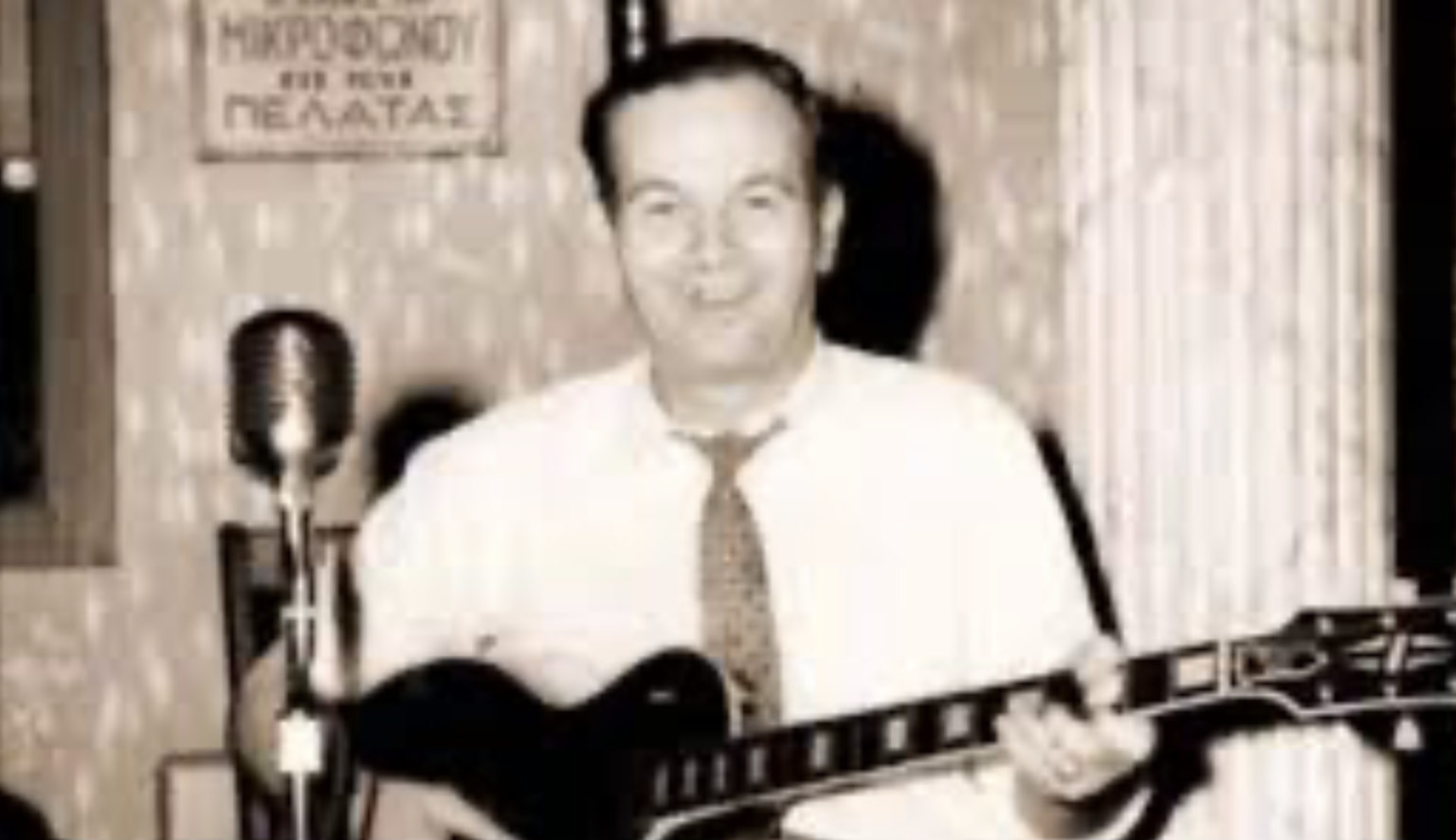
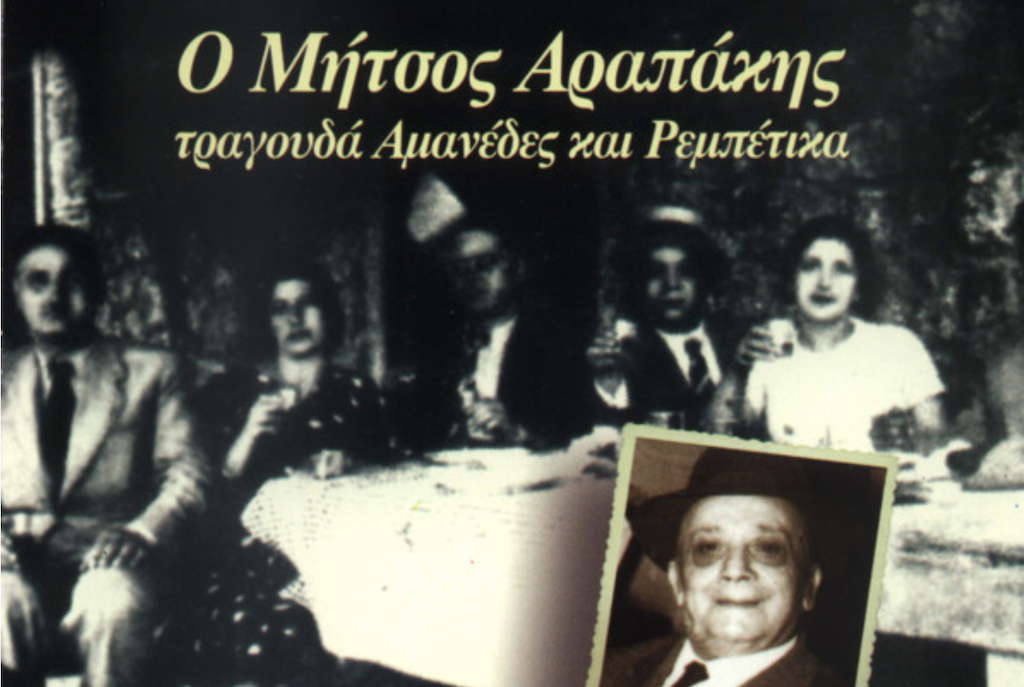
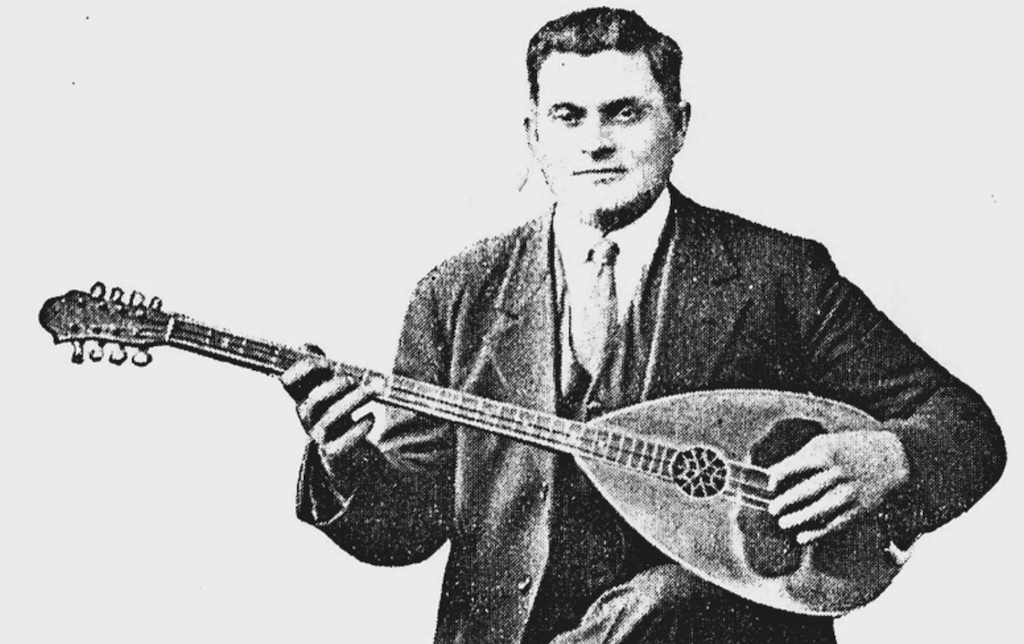
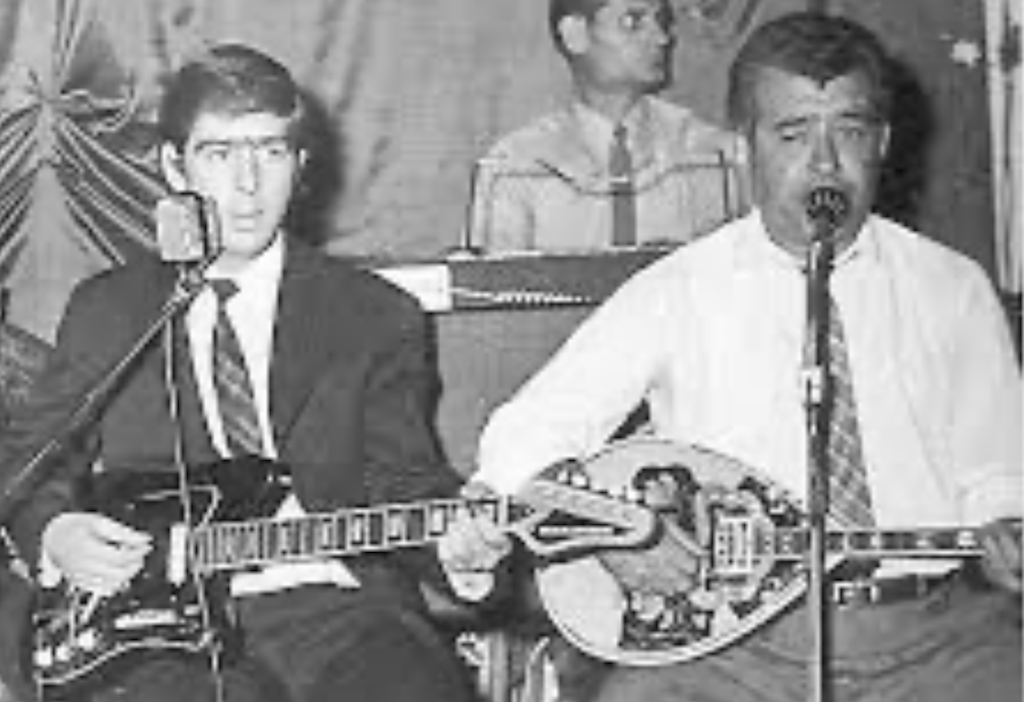
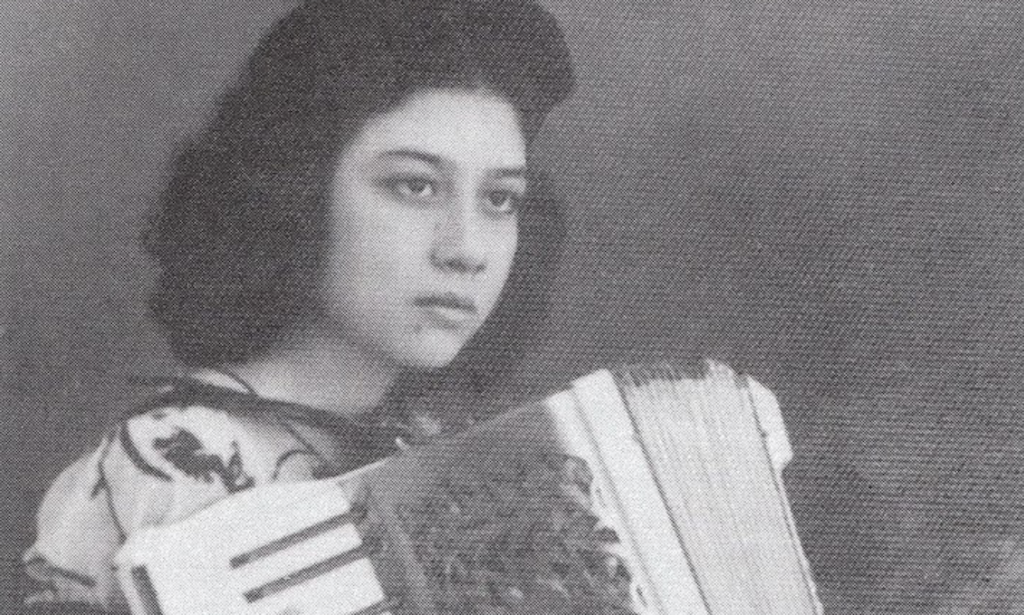



Leave a Reply